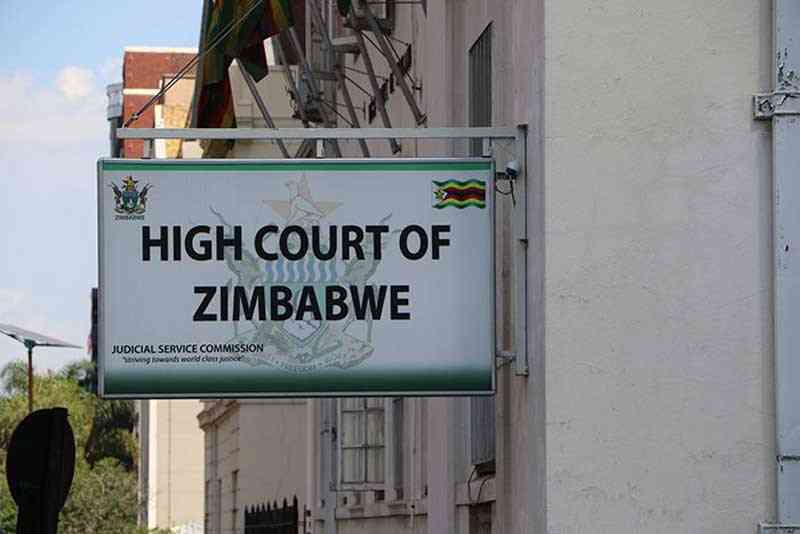
A MASVINGO man, sentenced to 25 years in jail for murder, had his appeal, made after serving eight years, dismissed by the High Court which ruled that the application should have been made within 12 days of conviction.
Tinashe Mwazha, who was reportedly advised by other inmates at Chikurubi Maximum Security Prison that the court erred in convicting him of murder instead of culpable homicide, lost the application seeking a condonation for failure to comply with the High Court rules.
Mwazha was convicted on June 4, 2015 by Masvingo High Court judge Justice Francis Bere.
But in March last year, Mwazha appealed against both conviction and sentence.
In terms of Rule 94 of the High Court Rules, 2021, where a convict failed to apply for leave to appeal to the presiding judge, he or she may submit the application to the judge within 12 days, failure of which the prisoner is required to file an application for condonation together with the application for leave to appeal.
Mwazha, however, called the process before Justice Pisirayi Kwenda an application for leave to appeal to the Supreme Court.
According to the rules, the application was supposed to have been placed before the judge who presided over the trial during that period.
But it was placed before Justice Kwenda because the trial judge was fired in 2020.
- Fresh land invasions hit Whitecliff
- Pomona cash row escalates
- Border Timbers targets European markets
- SA name strong A side for Zim tour
Keep Reading
Mwazha submitted that at the time of conviction, he was unaware of his right to appeal.
He argued that there was also a delay in the production of the record and his relatives had difficulties in raising money for transport.
He submitted that he had high prospects of success on appeal against both conviction and sentence.
The convict further argued that his defence met the requirements of section 239, which says a person charged with murder shall be guilty of culpable homicide if the offence was a result of provocation.
He said the court should have found that he was intoxicated and, therefore, lacked the intention to kill.
On sentence, Mwazha submitted that he was likely to succeed because the trial court did not place sufficient weight on youthfulness, intoxication and provocation as mitigatory factors.
He prayed that the appropriate sentence for murder in the circumstances of his case was imprisonment for 15 years.
However, the State opposed the application on the grounds that the delay in applying for leave to appeal was inordinate and that he had not adequately explained the long delay.
It further argued that the court found that its witnesses were credible and gave cogent reasons for arriving at that conclusion.
However, Justice Kwenda said it was clear that the delay in applying for leave to appeal was, indeed, too long, adding that a delay of eight years was difficult to explain.
He said Mwazha did not give details of when he acquired knowledge of the right to appeal, the time taken to secure the record of proceedings and when he eventually got the record saying his submissions were too scanty in that regard.
The judge said even if he was very drunk, Mwazha would not escape the punishment meted out.










